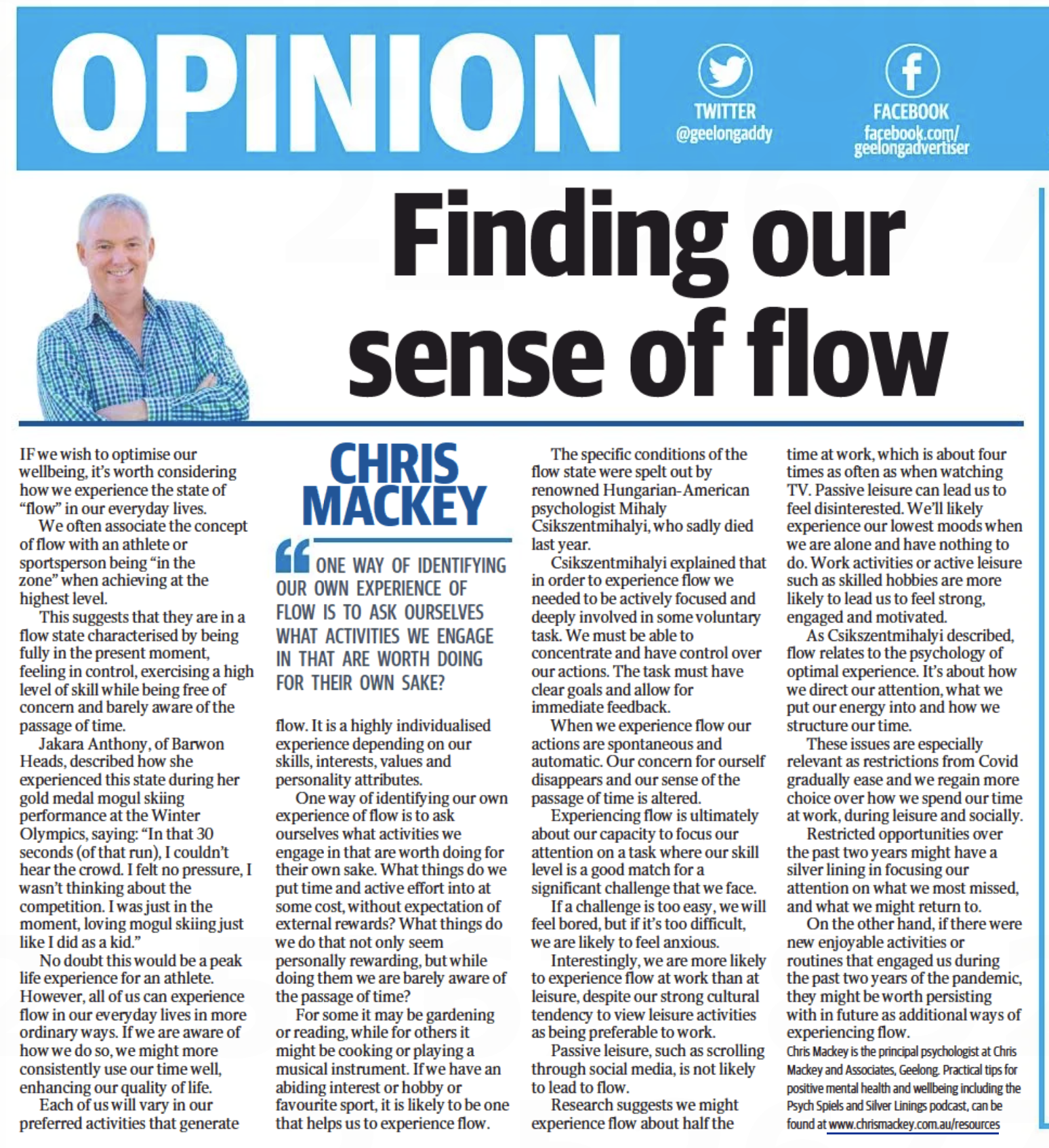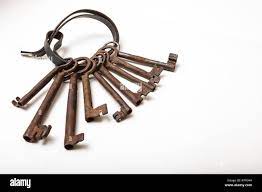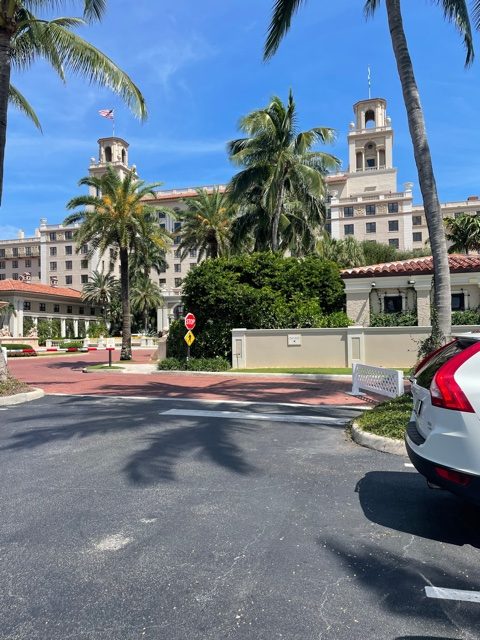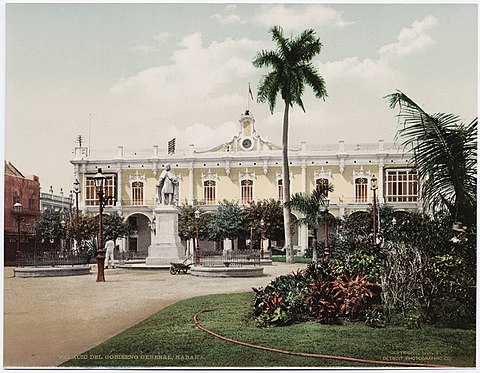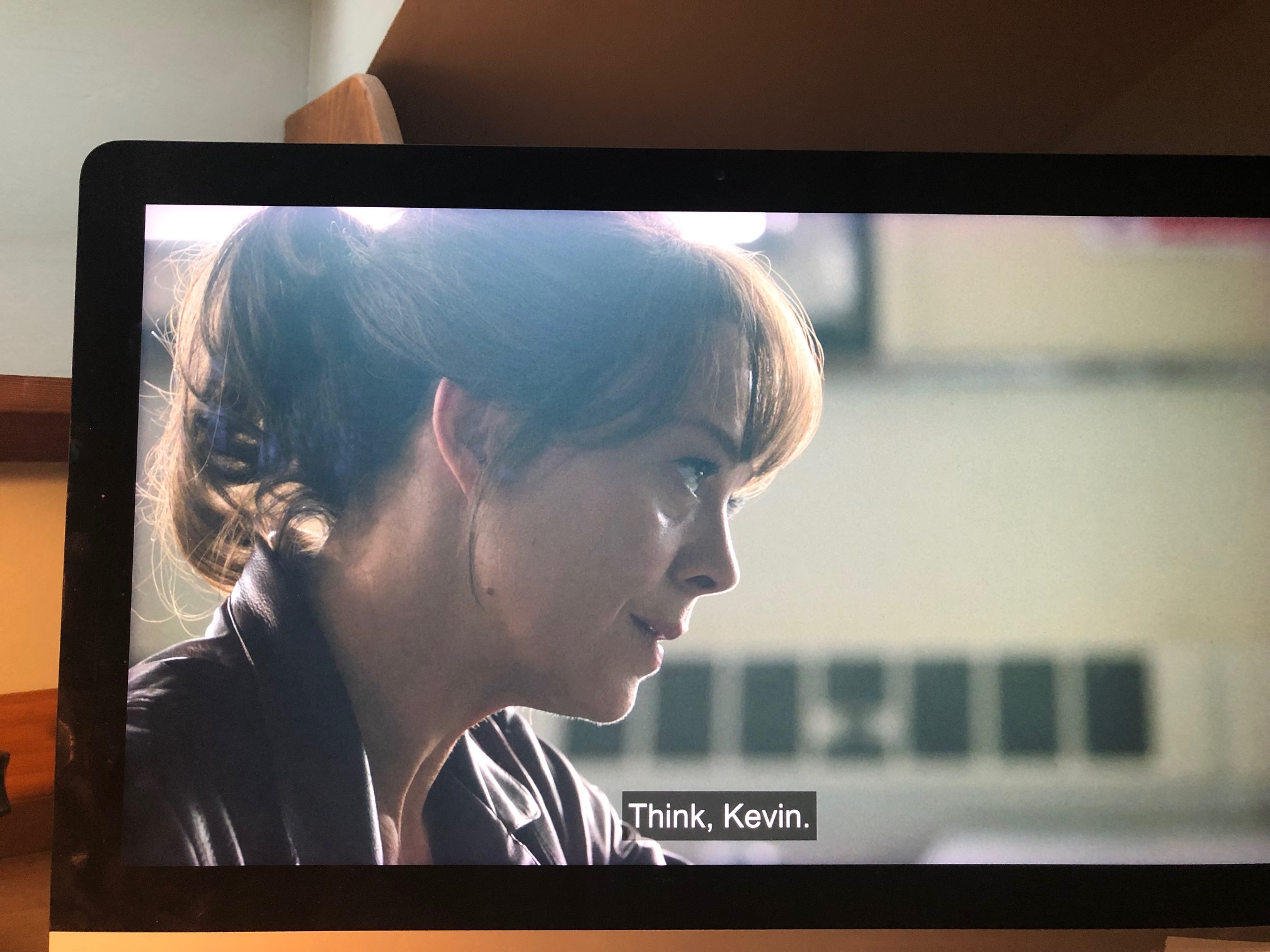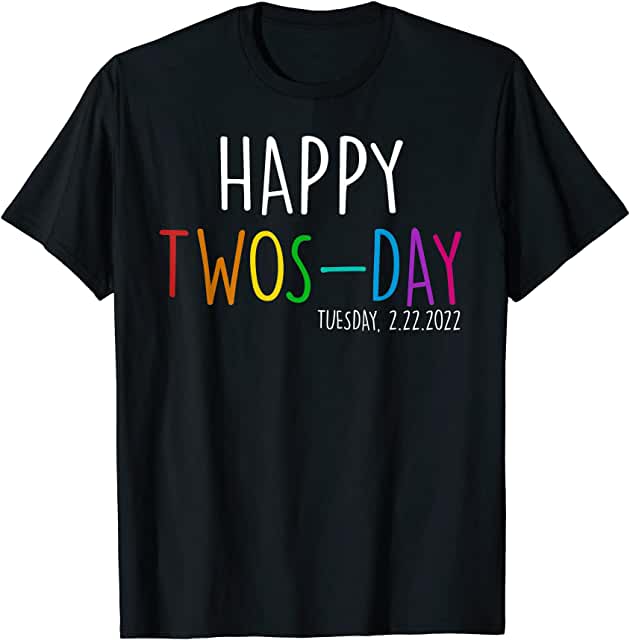
In 2006, the International Astronomical Union (IAU) demoted Pluto from its position as the ninth planet from the Sun to one of five “dwarf planets.” The IAU probably hadn’t planned on any outrage, anywhere. But astrologers took exception.
Pluto rules what’s hidden from the naked eye, the underworld, the power behind power. It rules life after death, reincarnation, secrecy, permanent transformation, death, the afterlife, spirit communication. You can’t just erase all that by demoting a planet. So yes, astrologers still use it. And this year, the U.S. will experience its first Pluto return.
All planets experience returns – when they return to where they were when you were born. But Pluto, the snail in the zodiac, takes 248 years to circle the zodiac. The birth chart of the USA is cast for 7/4/1776 at 5:10 p.m., Philadelphia. Its natal Pluto is at 27 degrees 33 minutes Capricorn, which began on February 3, the same day that Mercury turned direct. And it perfects today, Feb 22. This return marks a turning point for us as a country, a nation, a people.
This return sweeps in and challenges everything we thought to be true about democracy, government, the way structures work in this country. This is already happening politically, culturally, and it probably is going to get worse before it gets better. This is when the pillars of democracy are challenged in a way they never have been before, when the norms are fraying, and the usual machinations no longer work.
On January 20, 2024 Pluto enters Aquarius and remains there until September 2, when it retrogrades back into Capricorn until December 20 2024. This is all happening in the U.S. chart’s 2nd house of money, where your money may not be much safer than it was in 1929 or during the 2007/2008 meltdown. If Pluto into Aquarius marks the beginning of a paradigm shift – instead of the dress rehearsal we’ve seen for the last several years- then be prepared.
I’m not even sure what that means. Find an alternate country? Make as much as you can? Go into hiding? Embrace what’s coming? No, forget that last one. What’s coming is a right wing agenda in which the election is stolen by partisan electors appointed by republicans. What’s coming is that if the losing party in a given state doesn’t like the results of an election, it can be easily overturned by some other person who has declared fealty to trump or to some other autocrat.
Supposedly, Pluto entering Aquarius marks the beginning of the Age of Aquarius. As the song Hair described it:
When the moon is in the Seventh House
And Jupiter aligns with Mars
Then peace will guide the planets
And love will steer the stars
Harmony and understanding
Sympathy and trust abounding
No more falsehoods or derisions
Golden living dreams of visions
Mystic crystal revelation
And the mind’s true liberation
This is the dawning of the age of Aquarius
The age of Aquarius
We’re obviously not there yet. But we can hope, right? We can become activists within our own lives, right? Change begins with one person. Then two. Three. Four….
An interesting interpretation of this date and Pluto’s return is here.

